Important Polity Questions CDS 2024
Important questions for CDS 2024 exam. As you gear up for the Combined Defence Services (CDS) exam, you’re probably familiar with the challenge that polity questions can pose. To aid in your preparation, we’ve compiled a list of 25 important questions covering key topics across polity section of the UPSC syllabus.
1. Who among the following was not a member of the Constituent Assembly established in July 1946 ?
a. Dr. Rajendra Prasad
b. K M Munshi
c. Mahatma Gandhi
d. Abul Kalam Azad
2. Which of the following is a feature to both the Indian Federation and the American Federation ?
a. A single citizenship
b. Dual judiciary
c. Three Lists in the Constitution
d. A Federal Supreme Court to interpret the Constitution
3. January 26 selected as the date for the inauguration of the Constitution, because
a. it was considered to be an auspicious day
b. on that day the Quit India Movement was started in 1942
c. the Congress had observed it as the Independence Day in 1930
d. None of these
4. The concept of “Rule of Law” is a special feature of constitutional system of
a. Britain
b. U.S.A.
c. France
d. Switzerland
5. Which of the following statements is incorrect about the discussions within the Constituent Assembly?
a. The discussions within the Constituent Assembly were alsoinfluenced by the opinions expressed by the public.
b. As the deliberations continued, the arguments were reported in newspapers, but there was no time to debate publicly on the proposals.
c. Criticisms and counter-criticisms in the press in turn shaped the nature of the consensus that was ultimately reached on specific issues.
d. In order to create a sense of collective participation the public was also asked to send in their views on what needed to be done
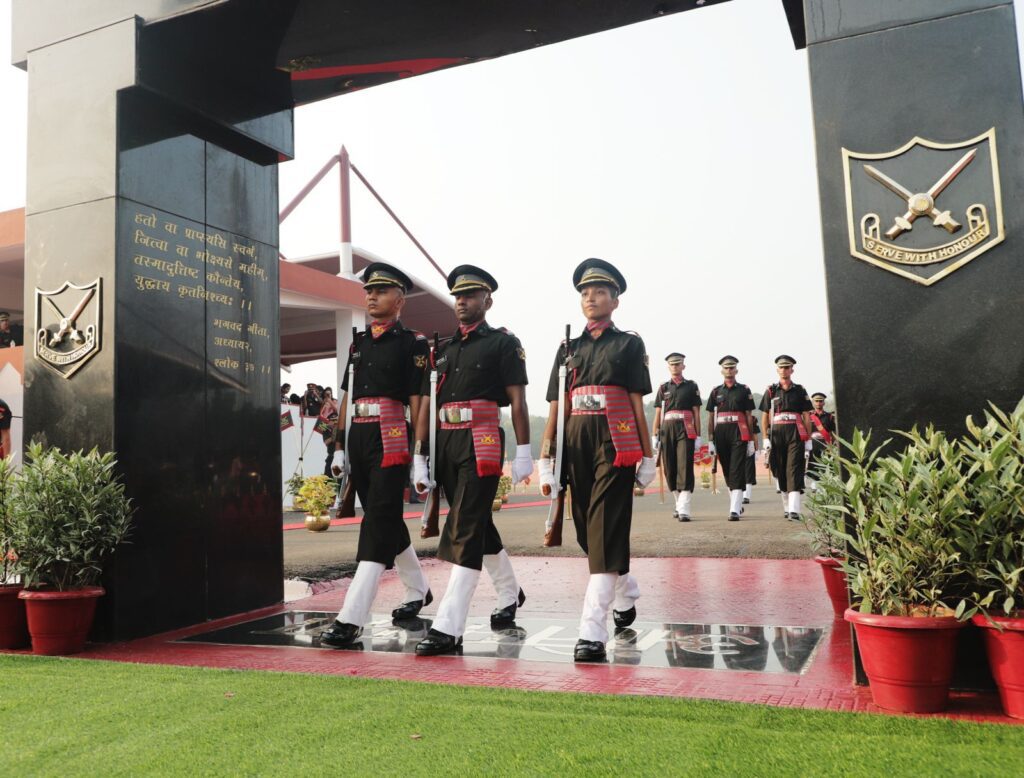
6. If a no-confidence motion is passed against a Minister
a. The concerned Minister has to resign.
b. The whole council of Ministers has to resign.
c. The Lok Sabha has to be dissolved.
d. The Prime Minister and the concerned Minister have to resign.
7. Consider the following statements regarding the framing of Indian Constitution:
I. The Indian Constitution, which came into effect on 26 January 1950, has the dubious distinction of being the longest in the world.
II. The Constitution of India was framed between December 1946 and December 1949. During this time its drafts were discussed
Which of the following statement(s) is/are correct?
a. Only I
b. I and II
c. I and III
d. All of the above
8. The Speaker of the Lok Sabha has to address his letter of resignation to
a. Prime Minister of India
b. President of lndia
c. Dy. Speaker of the Lok Sabha
d. Chairman of the Rajya Sabha
9. Which is the correct sequence of the following?
1. Scheduled Caste order
2. Untouchability Offences Act
3. Protection of Civil Rights Act
4. Communal order of Government of Madras
Select the correct answer from the code given below
a. 3,4,1 and 2
b. 4,1,2 and 3
c. 1,2,3 and 4
d. 2,3,4 and 1
10. Decision on questions as to disqualifications of membership of either House of Parliament rests with the
a. Election Commissioning the recommendations of the Speaker/Chairman
b. House of Parliament Concerned
c. Chief justice of lndia
d. President after consultation with the Election Commission
11. Which one of the following is directly related to the Appellate jurisdiction of the Supreme Court?
a. Appeals made in Civil, Criminal and Constitutional Cases
b. Appeals made in disputes between the Union and a State on one side and other States on the other side
c. Adjudication of disputes between the Union and the States
d. Adjudication of disputes between the States
12. The quorum required in the Rajya Sabha is
a. 25
b. 50
c. 100
d. 126
13. Which of the following writs is issued by an appropriate judicial body in order to free a person who has been illegally detained?
a. Quo Warranto
b. Mandamus
c. Certiorari
d. Habeas Corpus
14. Who among the following do NOT participate in the election of the President of India?
a. Elected members of the Rajya Sabha
b. Elected members of the Lok Sabha
c. Elected members of the Vidhan Sabha
d. Nominated members of the Rajya Sabha
15. Who is the first Law Officer of the Government of India?
a. The Chief Justice of India
b. Union Law Minister
c. Attorney-General of India
d. Law Secretary
16. ‘Zero hour’ in the working of Indian Parliament means
a. The first hour of the session
b. The period when the privilege motion is accepted
c. The period before the question hour
d. The interval between the end of question hour and the taking up of the next agenda
17. Which of the following rights can be claimed only by the citizens of India?
1. Freedom of speech
2. Right to font associations
3. Equality before law
4. Freedom to assemble peacefully without arms
18. Which of the following are the Indian contributions to the parliamentary practice?
1. Zero hour
2. Calling attention motion
3. Adjournment motion
4. Censure motion
Select the correct answer from the code given below:
a. 1,2
b. 2,3
c. 3,4
d. 4,1
19. An ordinance issued by the Governor, without the approval of the State Legislature shall be effective for a period of
a. Six months
b. Six weeks
c. One year
d. One month
20. An Impeachment Motion against the President, in order to be passed in a House, should be supported by
a. Not less than 2/3 members present and voting in the House
b. Not less than 2/3 members of the total membership of the House
c. The simple majority of the total membership of the House
d. The special majority of the House
21. If an independent member of the Lok Sabha joins a political party, which of the following is true?
a. His membership of the House shall be forfeited
b. It would not affect his membership
c. The Anti-defection is silent on this issue
d. He would continue to be the member of the House if he joins a political party within 6 months of his election
22. If the total membership of the Lok Sabha is 542 and 300 members are present and voting on a resolution, how many minimum positive votes are required to pass the resolution with special majority?
a. 362
b. 151
c. 200
d. 272
23. What can be the maximum interval between two Sessions of Parliament?
a. Three months
b. Four months
c. Six months
d. Nine months
24. The “Residuary Powers” (not mentioned in the Union, State or Concurrent lists of the Constitution) are vested in
a. President of India
b. Both Rajya Sabha and Lok Sabha
c. State Legislature
d. Lok Sabha
25. The Speaker of the lok Sabha enjoys
a. no right to vote in general circumstances
b. the right to vote only in case of a tie
c. the right to vote like other members of the House
d. the right to vote only once during the term of the House
Above questions are taken from “5000+ Most Expected MCQs” book. It’s filled with tons of multiple-choice questions designed for the UPSC exams. This book will help you get used to the kinds of questions you’ll see on the actual test and make sure you’re totally ready. So, grab a copy and get practicing.


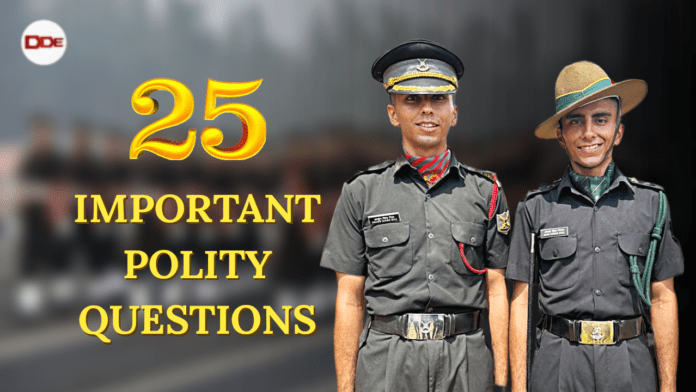
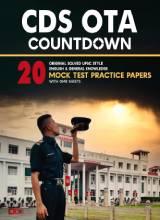
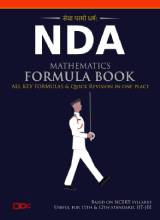
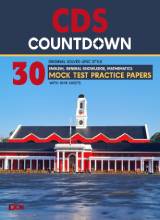
 Order Now on Amazon
Order Now on Amazon
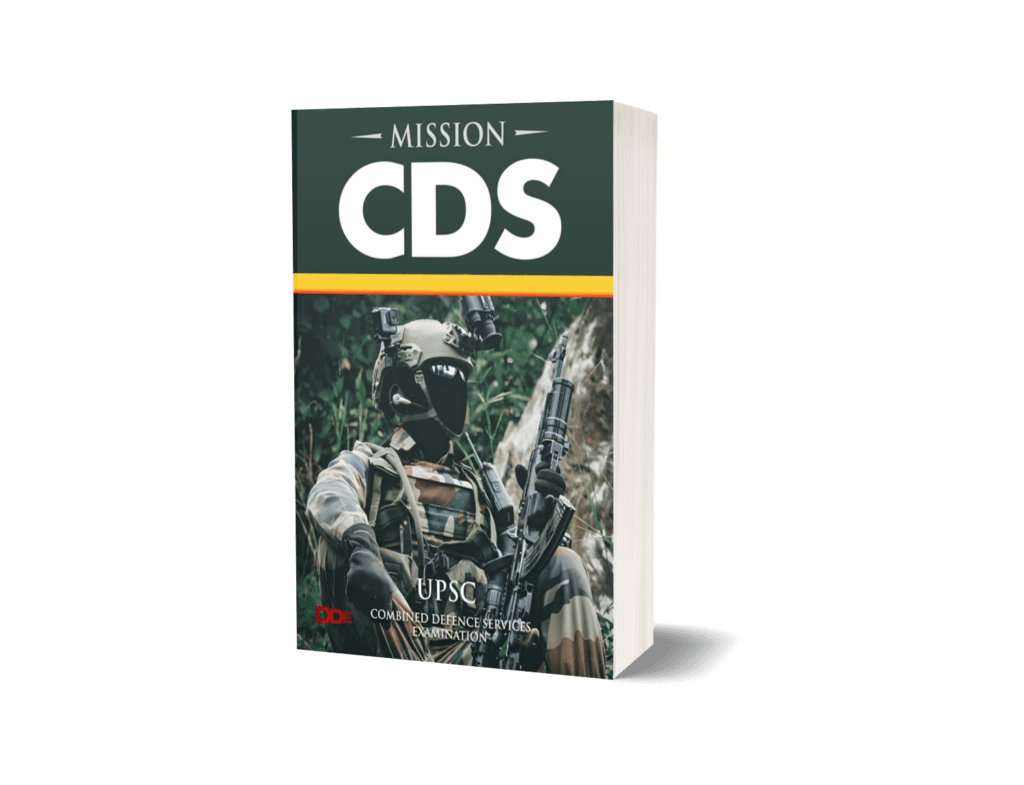
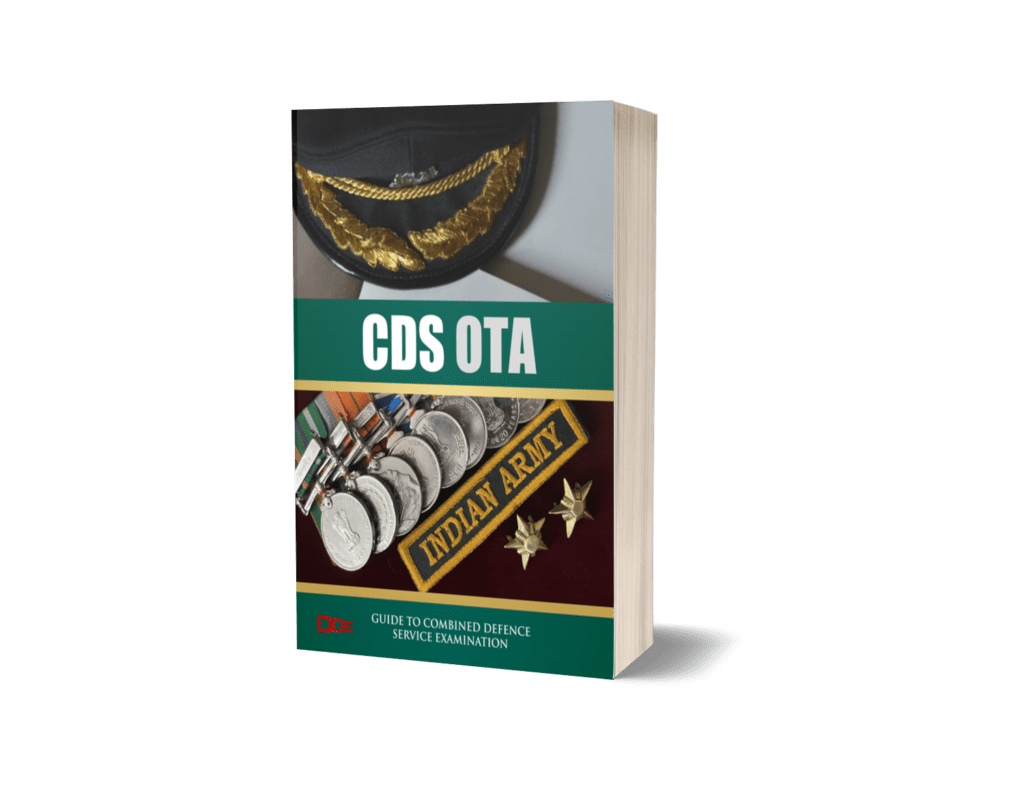

How to get answers for the above question s